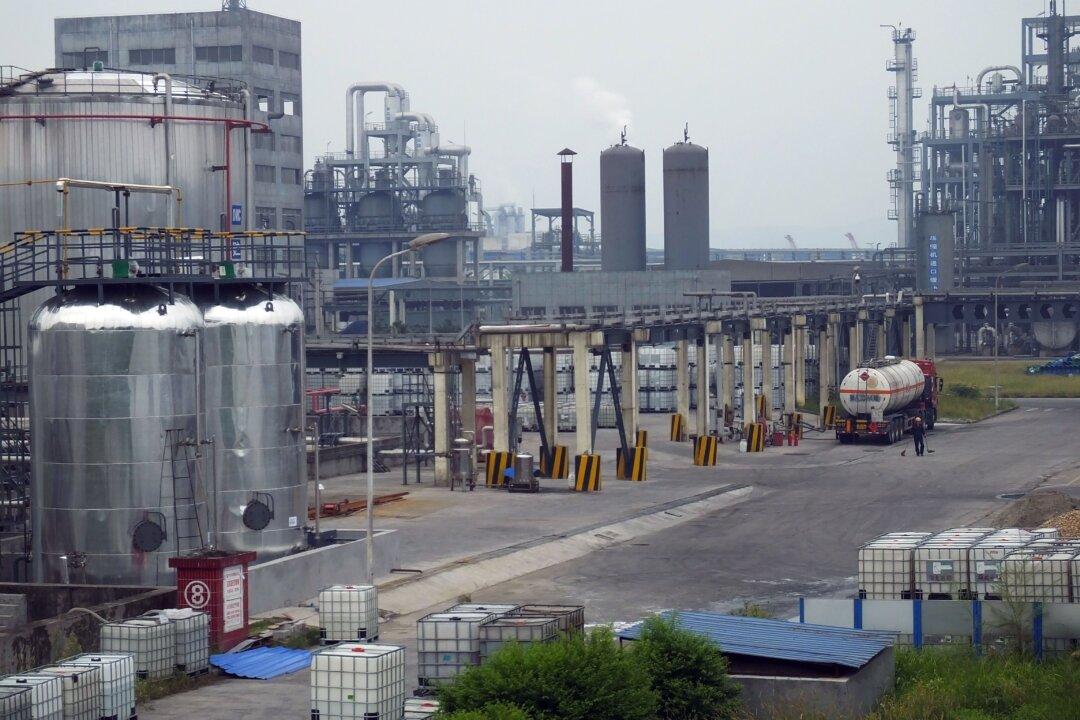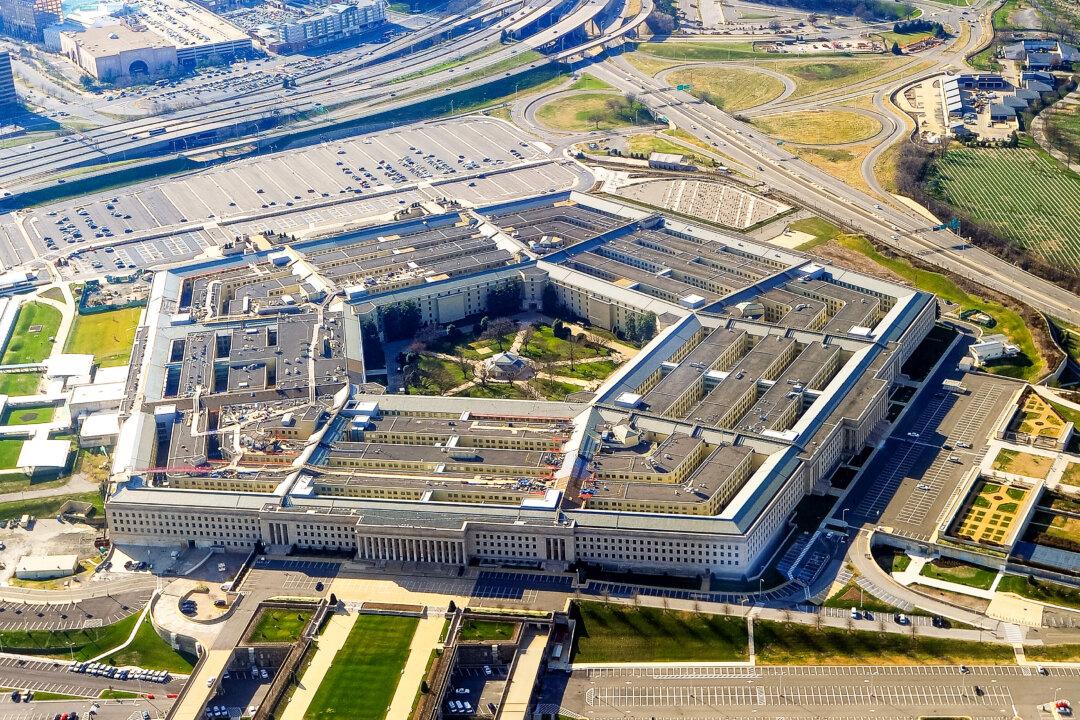A China-based bio-fermentation company coming to the United States is being touted as a win for the local economy, but there’s growing concern over its national security implications and potential ties to forced labor.
The Epoch Times spoke to Ross Kennedy, founder of Fortis Analysis, about his recent research concerning China-based company Fufeng Group, which is poised to set up shop in the Midwestern United States. Fufeng is a manufacturer of bio-fermented, corn-derived products, which are used in end products ranging from animal feed to pharmaceuticals. A Hong Kong-listed company, the group has multiple subsidiaries around the world, but most of its production facilities can be found in northeast China.




